It is easy to wear a nose, ear, lip, navel, and other piercings, engagement rings, wedding bands, necklaces, bracelets, and chains when you swim. Wearing the latest trends in TikTok jewelry is exciting, but what if you lose your newest favorite piece?
Taking these favorite pieces off may slip your mind as you happily plunge into the sparkling water awaiting you. Your must-love jewelry goes everywhere you go, including to the pool or the beach. But is this a good idea?
This blog post will cover removing certain piercings before you hop in the pool or ocean, pool chemicals and precarious, precious metals, swim-safe jewelry, cleaning your jewelry for maintenance, and key takeaways.
Shopping for custom jewelry online and choosing a durable metal and design will make your vacation swim days carefree by choosing the best design.
Chlorine & Jewelry Exposure
Chlorine is a harsh chemical used in pools to kill dangerous bacteria such as salmonella and E. coli, making the pool safe to swim in. When chlorine is added to the water, it forms an acid that prevents the growth of algae and microorganisms, keeping the impurities away. The skin is porous, absorbing dangerous toxic elements residing in the water without the aid of chlorine.
However, swimming in a chlorinated pool while wearing your jewelry may permanently damage your much-loved bespoke pieces. Chlorine dries out porous aggregate stones (turquoise, howlite, malachite, etc.), fades treated/color-enhanced or synthetic stones, and leaves a filmy top coat that requires prompt attention and proper cleaning.
White Gold Corrosion with Chlorine Exposure
White gold is particularly at risk. White gold comprises any or all of these listed metal alloys, including palladium, platinum, manganese, nickel, copper, zinc, (yellow) gold, and/or more. The percentage of the gold correlates to the gold karat (14k white gold consists of 58.5% gold, for example).
White gold is plated with another alloy, called rhodium, giving it a rich shine reminiscent of luxurious platinum. Chlorine will damage and fade this mix of alloys and metal, destroying the top coat of rhodium, and exposing the yellow gold underneath (tarnishing). This exposure causes stress and corrosion to the mounting and design, possibly prongs to break and destroy the stability of the metal in other delicate areas of the piece.
Removing Certain Piercings When You Go Swimming
Earrings, rings, and face/body piercings can slip off without anyone noticing until it is too late. Smaller stud earrings, thin hoops, and stacking rings can easily fall out of beach bags and onto the ground. Creating your dreamy social media videos is fun, but what if you damage your hard-to-find TikTok jewelry must-have purchase?
Your beloved lip ring or nose ring may end up forever floating somewhere in the distance unnoticed by all, resting on the bottom of the pool, or unfortunately stuck in a pool drain. The scenario is even worse if you are at the beach–your favorite piercing or wristwatch will be impossible to find, buried in the layers of sand, or permanently lost in the limitless deep ocean reaching the horizon.
Wearing rings when swimming is not recommended. Fingers are prone to swelling or slimming down, depending on environmental circumstances and the body's unique way of adjusting to exercise. These weight fluctuations cause the ring to become uncomfortably tight, cutting off the circulation and causing extreme discomfort.
Pools vs. Oceans
A large pool party filled with people creates extra waves in the water. These waves push backings off or force the piercing to loosen when you aren't paying attention. Butterfly backs, loose open hooks, and certain screw backs will not withstand unusual vigorous movement outside normal wear.
Alternative jewelry problems and ring issues include the finger losing water weight may cause the ring to suddenly come off as you embark on the butterfly and backstroke. Laying leisurely on a comfy blow-up float, enjoying your favorite beverage, and catching some rays may cause your ring to slip off as one hand dangles in the water.
Whether swimming in the deep blue sea or in a lap pool, removing certain piercings and jewelry is an important preventative measure BEFORE going to the location. Leaving your favorite piece tucked away in a secure place will keep it safe from harm, loss, or damage as a fool-proof alternative jewelry option. Your outing should be relaxing and not spent looking for your lost possessions.
Sand & Saltwater Damage to Jewelry
Like chlorine, saltwater causes the stone to crack, dry out and become permanently discolored. Stones that are color-treated, fracture-filled, coated with a color (mystic topaz), assembled (two or more stones such as quartz and inlays slabs), or porous stones (malachite, turquoise, etc.) should never be exposed to saltwater.
The salt in the water causes irreversible damage to precarious precious or common metals with alloys (brass, white gold) removing their luster, dulling the beauty, and destroying their composition.
Jewelry That Is Safe for Swimming
Alternative jewelry and metals that are non-corrosive (stainless steel) are safe to wear and contain a protective barrier within their composition. The same goes for solid gold, platinum, palladium, solid gold, gold-filled (depending on the composition and sparingly), and sterling silver.
These metals are more durable and can handle exposure. However, this doesn't mean they can't break or get lost.
Chains and other items that don't contain stones are suitable if secured with a lobster or hidden box clasp for added strength. Piercings that are very secure can also be worn while swimming. Ask your personal jewelry professional or visit your closest jewelry store to help you make the best decision.
Hygienic Tips for Cleaning Wet Jewelry
Cleaning wet jewelry is very easy to do. Immediately cleaning your wet jewelry reduces accidental damage to the surface, metal, and cracked stones.
Immersing your jewelry in warm water with mild soap removes debris and chemicals. Soaking it in a dish will loosen debris. Scrubbing your jewelry lightly with a soft toothbrush, cloth, or brush will remove this build-up. Running cool, clean water after cleaning removes this loosened unwanted residue. Repeat if needed.
Patting dry with a dry cloth or paper towel and letting air dry keeps jewelry looking sparkling and brand new. Avoid scrubbing vigorously, household cleaning products, cosmetic/makeup removers, and other mixtures with chemicals that may potentially cause further damage.
Alternative jewelry methods include using professional jewelry cleaners or ultrasonic cleaners when advised by a professional. Shopping for custom jewelry online and asking customer service will guide you in making the best choice when cleaning wet jewelry.
Key Takeaways
Only certain metals can withstand saltwater and chlorine. Shopping for custom jewelry online and choosing alternative jewelry options will help you narrow down suitable designs.
White gold is not suitable for swimming in a pool or ocean. Most stones cannot withstand the chemicals and activity from swimming in chlorine or saltwater damage.
Earrings, nose rings, lip rings, and navel piercings can be worn if secured but can easily fall off. Rings, bracelets, and chains shouldn't be worn because the lock can break.
Visit your favorite jewelry store today and inquire about your favorite piece, whether it is a piercing, holiday favorite, personal LGBT jewelry that is meaningful, fast-fashion, or engagement ring. Every design needs extra consideration, and every accessory should be carefully worn when swimming.
About Ilah Cibis Jewelry
Questions about taking care of your jewelry? We specialize in unique, hand-made, responsibly sourced custom jewelry, alternative jewelry, LGBT jewelry, and lab grown diamonds as the top independent jewelry store in Worcester, MA.
Check out our other guides on how to keep your necklaces from getting tangled and whether it's safe to sleep while wearing certain kinds of jewelry.
Radically Personal. Unapologetically Human. Made with fierce love.
-Ilah ♥ / IG: @ilahjewelry


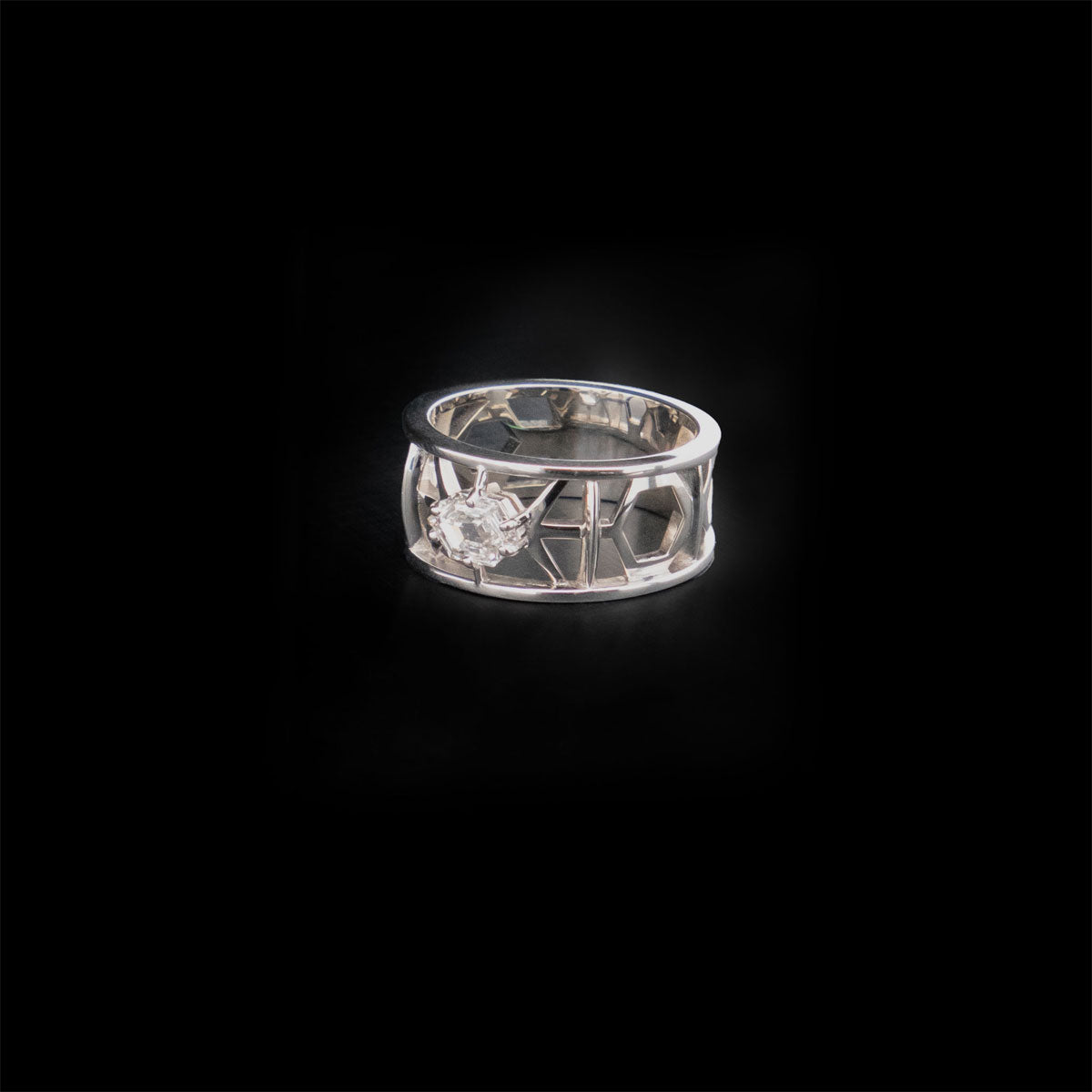
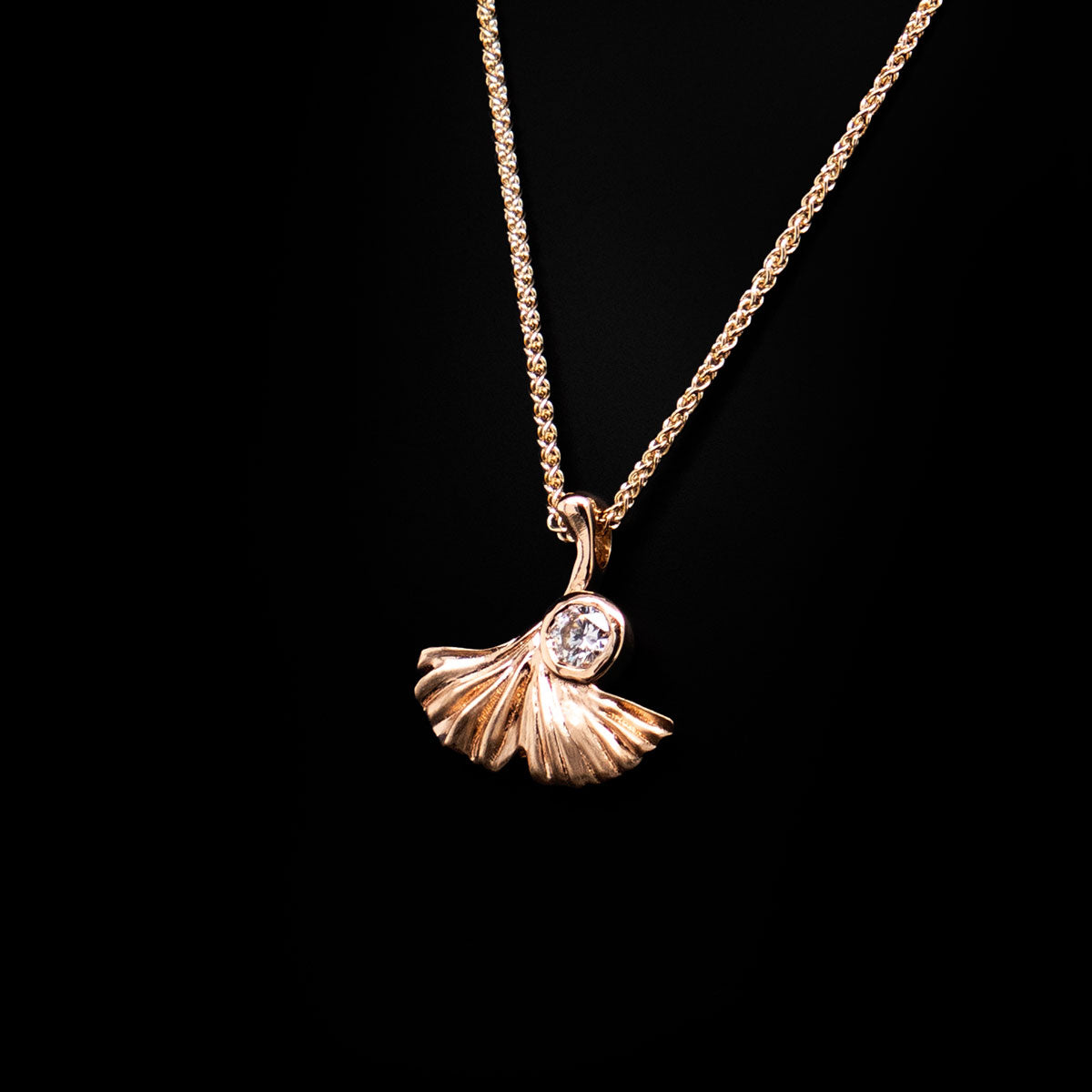
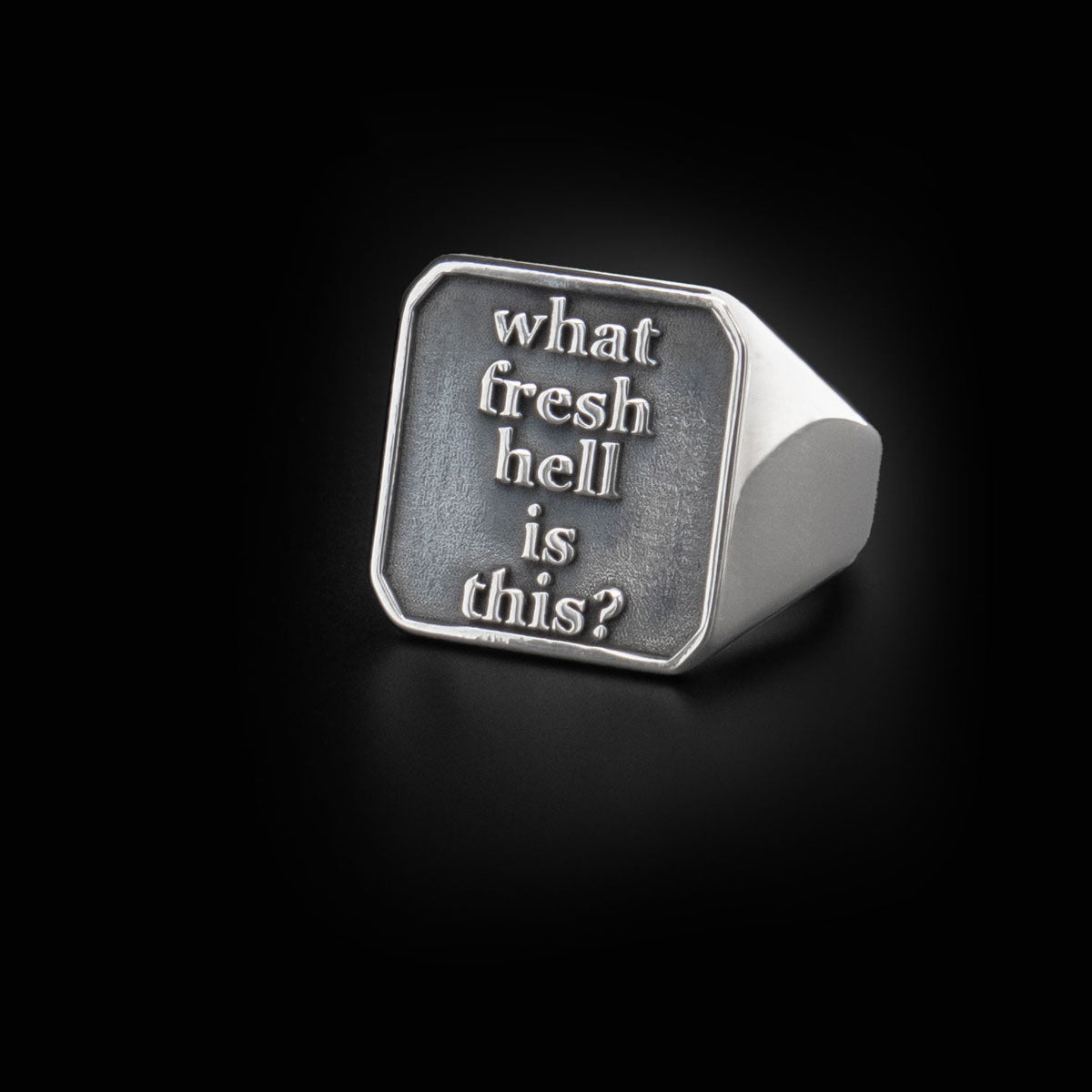
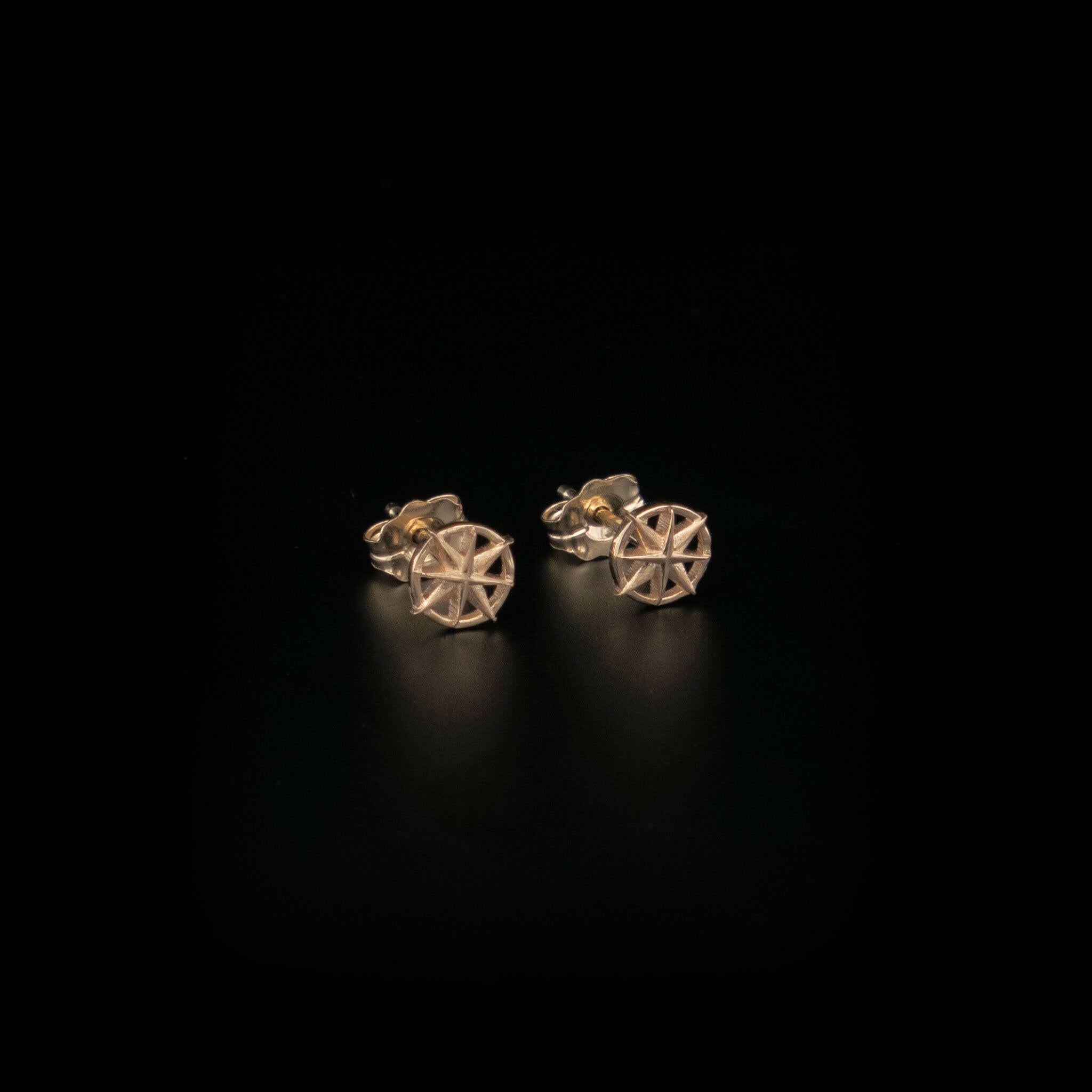
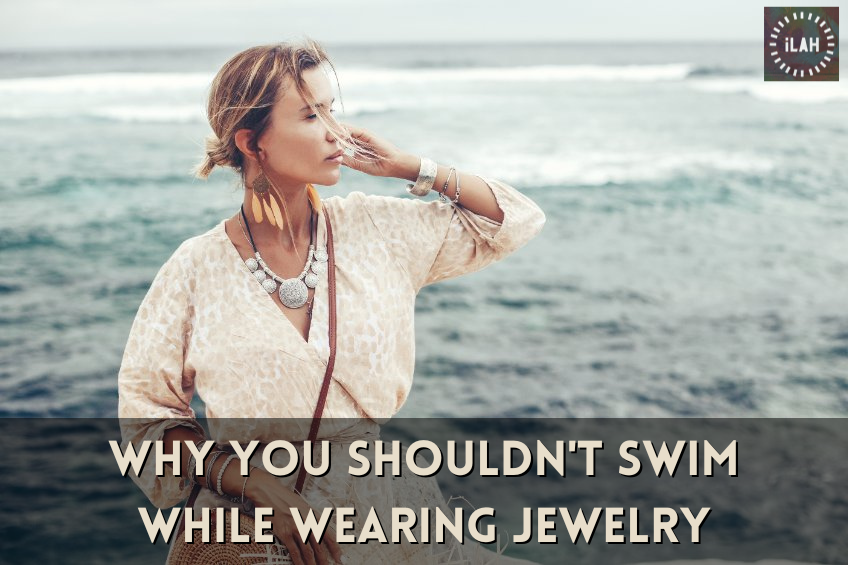
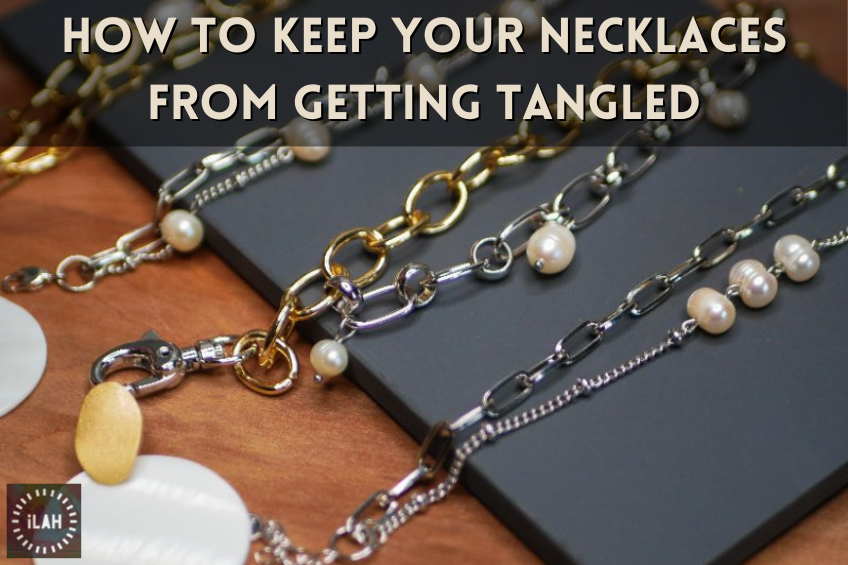
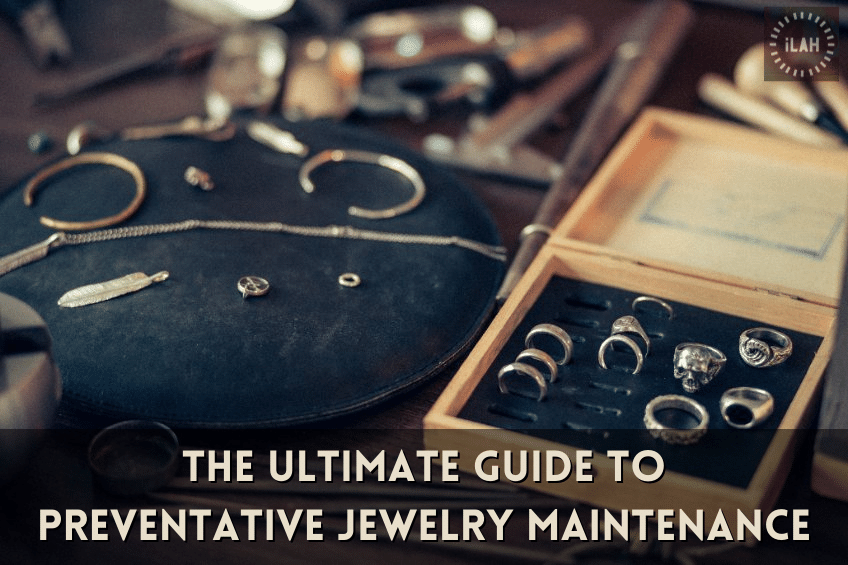
Leave a comment
This site is protected by hCaptcha and the hCaptcha Privacy Policy and Terms of Service apply.